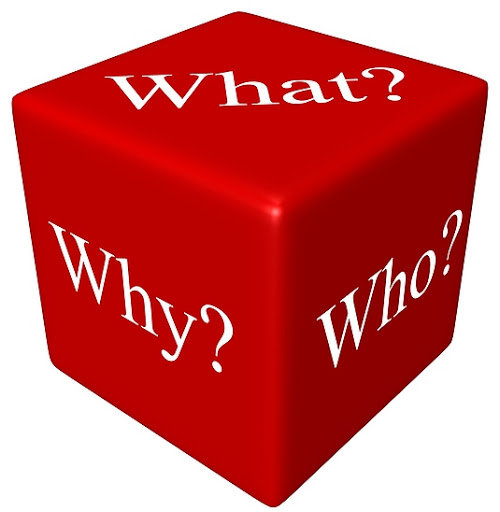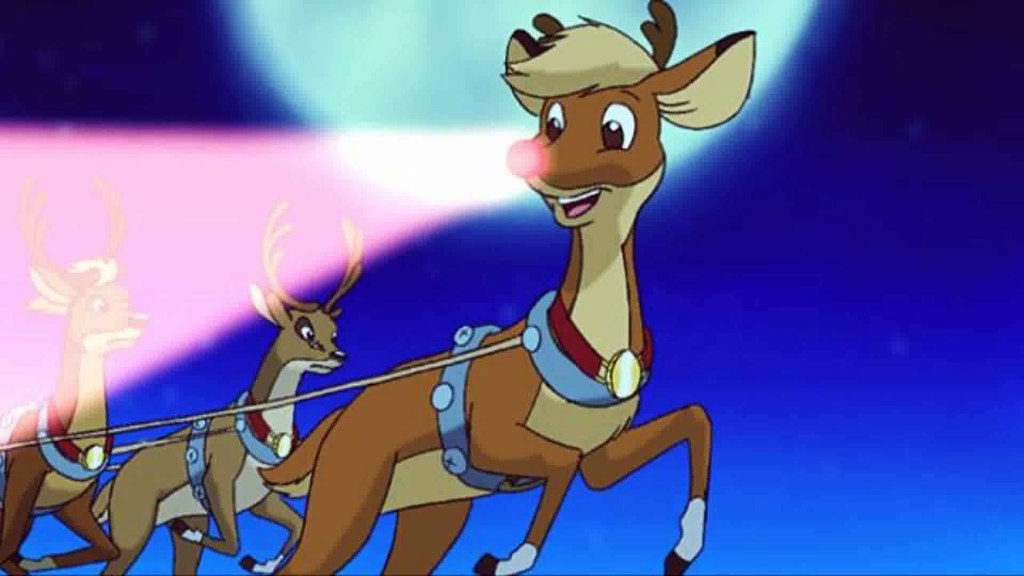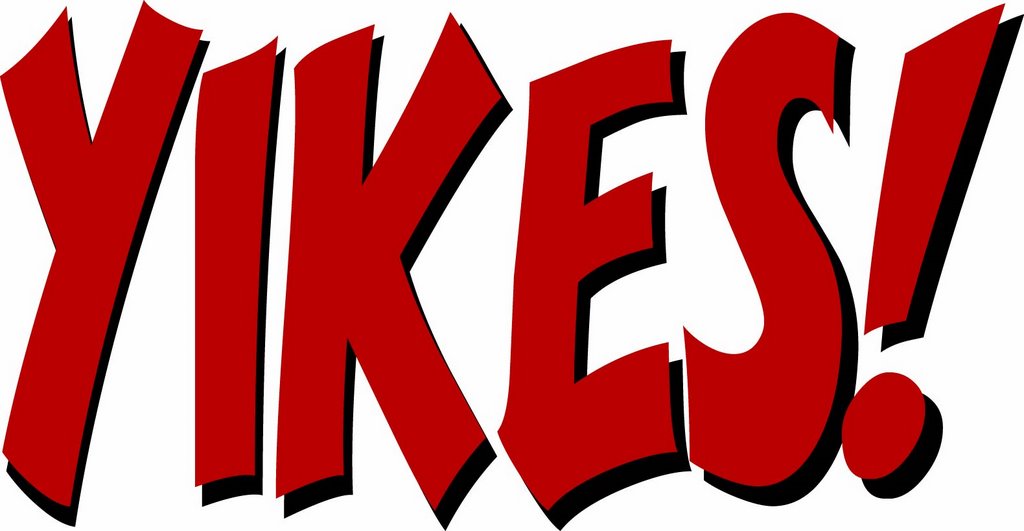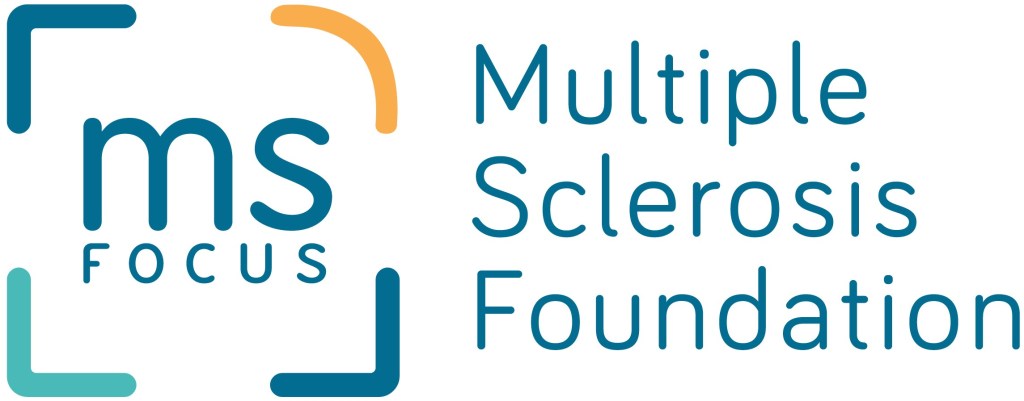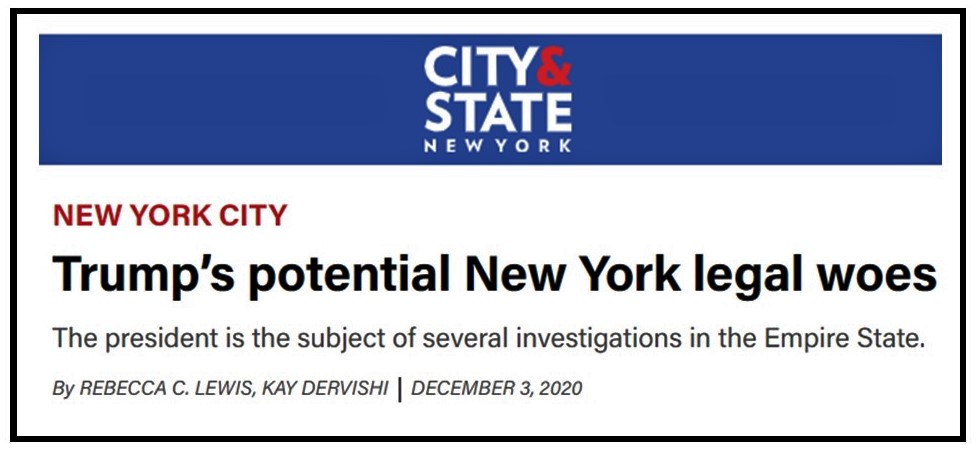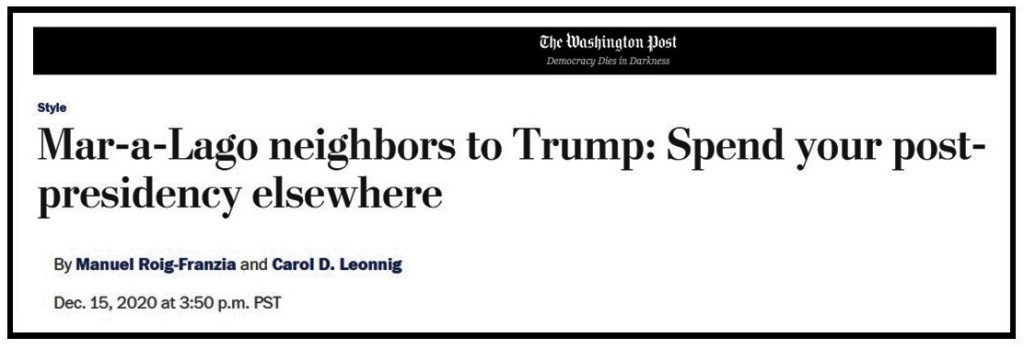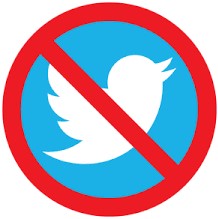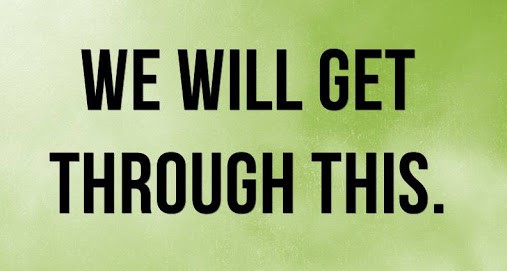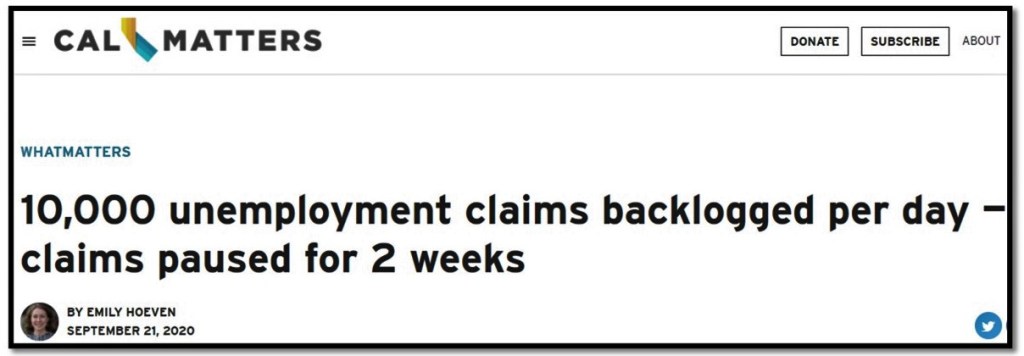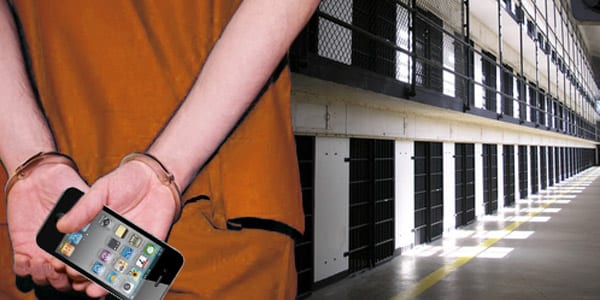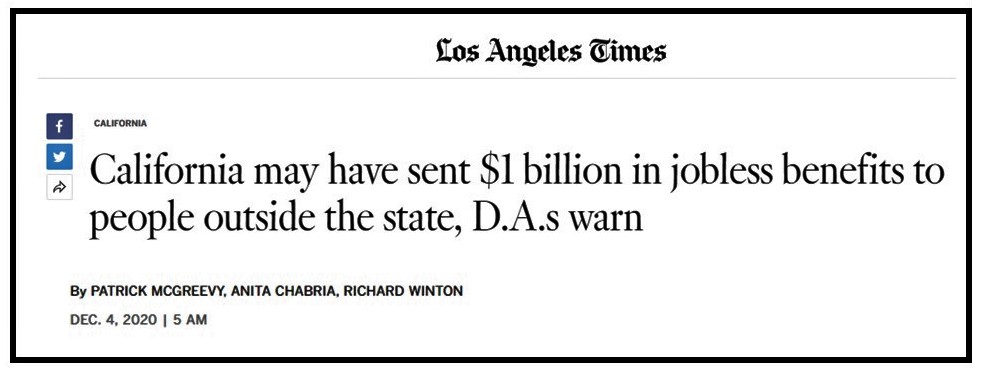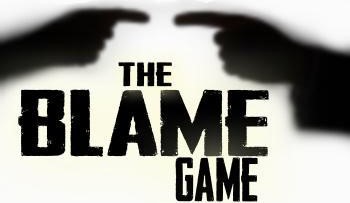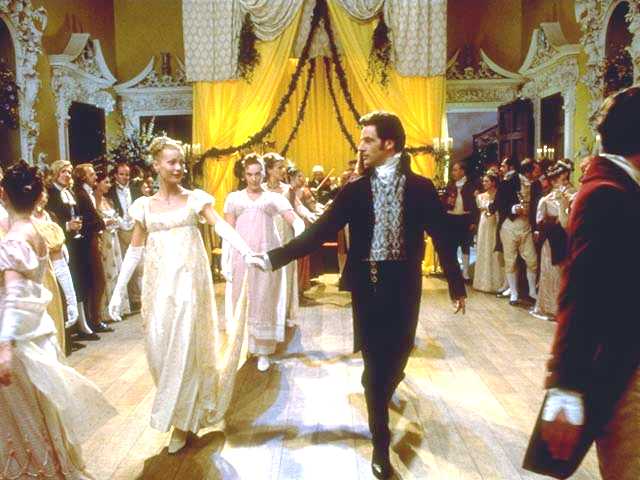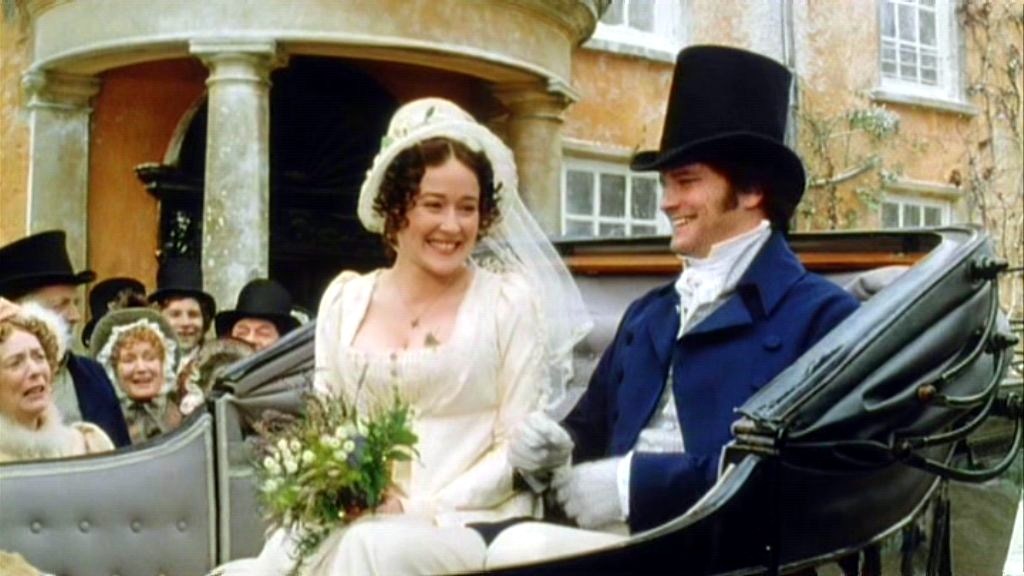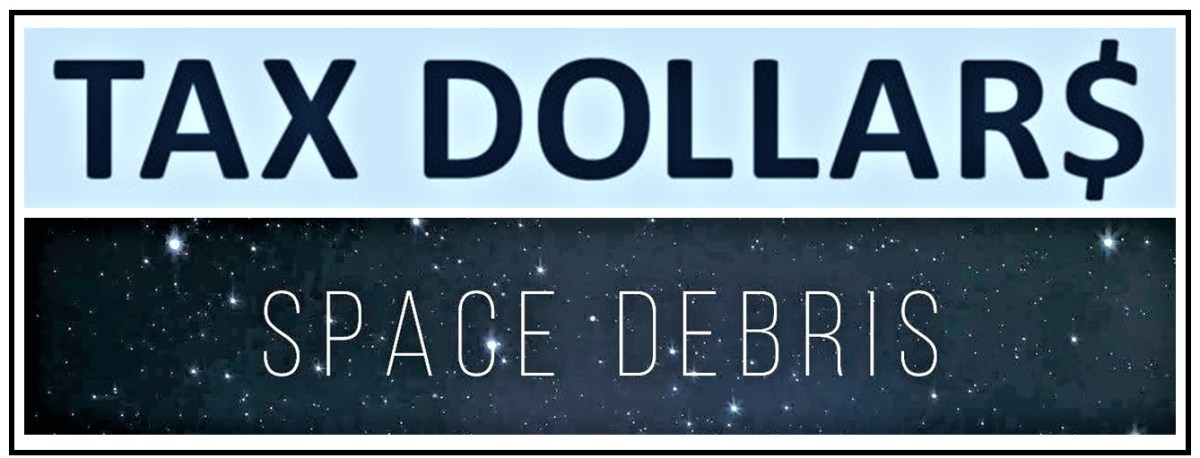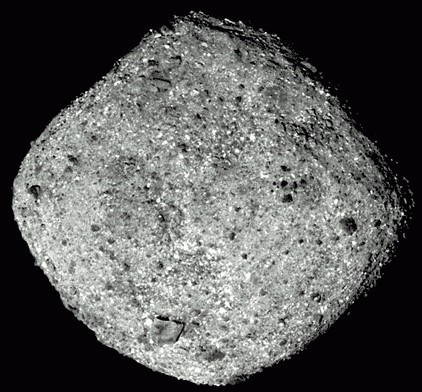Eons ago – in the last millennium, before Google – I was writing a magazine article and trying to remember a quote that I thought would fit.

I knew the quote I wanted, but not the exact wording or who said it. I had a vague idea that it referred to “in heaven and on earth” and “philosophy,” but I was stumped on the who, when, and where to find it.
Then the light bulb went on, and I called my library.
I told the friendly librarian I was looking for a quote, stumbled over my explanation, and she cheerfully said, “May I put you on hold while I look for that?”
I gratefully agreed, and wondered if my request had sounded as foolish – and hopeless – to her as it did to me.
In a few minutes she was back, and said, “Is this what you’re looking for?”
It was exactly the quote I was looking for, and here it is:

“There are more things in heaven and Earth, Horatio, than are dreamt of in your philosophy.”
“That’s it!” I exclaimed.
“It’s from Shakespeare’s Hamlet,” said the librarian. “Act 1, scene five.”
“Right, right!” I said, as if I’d known all along.
I thanked her profusely, and finished my article, complete with the quote.
Just think of the knowledge that librarian had, in those pre-Google days, to be familiar not only with the quote, but exactly where to find it.
Just think of the kindness and patience of that librarian, to cheerfully take on the question I’d given her, just one of dozens or even hundreds of questions she’d received that day.
What we just Google now was found for us by our librarians – for centuries.
That’s how long libraries have been around.

According to History.com,
“The Library of Ashurbanipal, the world’s oldest known library, was founded sometime in the 7th century B.C. for the ‘royal contemplation’ of the Assyrian ruler Ashurbanipal. Located in Nineveh in modern-day Iraq, the site included a trove of some 30,000 cuneiform tablets organized according to subject matter. Most of its titles were archival documents, religious incantations and scholarly texts, but it also housed several works of literature including the 4,000-year-old Epic of Gilgamesh.”
I can just picture ole Ashurbanipal, sitting back and doing some royal contemplation, then asking his librarian to track down an obscure quote.
The librarian walks directly to a shelf and whips out this clay tablet:

The librarian points half-way down and says, “Yes, just as I thought. Here’s that quote you were looking for, Sire.”
I hope ole Ashurbanipal was grateful.
And speaking of ancient history, do you know what this is?

This is the pre-cursor to library computers.
It was called a “card catalogue,” and it was the system for discovering if your library had a book and if so, its location. Every book had a typed card filed by its title, and a second card, this one filed by the author’s last name:

You’d thumb through the cards and when you found your item, the library had thoughtfully provided small squares of blank paper and pencils (remember pencils?) on top of the cabinet so you could copy the information and go find your item.
First your fingers did the walking, and then your legs did the walking.

Libraries began transitioning to computers in the late 70s, and now you rarely see that bulky card catalog because everything is in the library’s online catalog.
But that change to technology hasn’t changed our need for that all-important human resource – our librarians and their vast store of knowledge.
And their ability to solve the who, when, and where to find it.
And their patience, especially for questions like mine, and the ones I’ve listed below. I found these online, and I have no trouble believing that people have asked librarians these questions…and will continue to do so:
“Is Decoration Day when we celebrate the Decoration of Independence?”
“I was here about three weeks ago looking at a cookbook that cost $39.95. Do you know which one it was?”

“Do you have How to Kill a Mockingbird?”
“I checked out a book from your library a number of years ago, and I really liked the book. I don’t remember the title or author, but it had a blue cover. Could you help me find it?”
“Can you tell me why so many Civil War battles were fought on National Park sites?”
“Do you have any books with photographs of dinosaurs?”
“I need to find out Ibid’s first name for my bibliography.”
“Do you have audio books in large print?”

“Who wrote the Agatha Christie mysteries?”
“Would you mind checking if I have head lice?”
“I’m looking for Robert James Waller’s book, Waltzing through Grand Rapids.” (Actual title: Slow Waltz in Cedar Bend.)
“Can you reach into my pocket and get the change to pay for my copies?”
“If a poisonous snake bites itself, will it die?”
“At what time is high noon?”
“I found someone’s card on the floor. Will you show me how to use it so I can take stuff out?”
“Is it ok for me to leave my kids here?”

“Which outlets in the library are appropriate for my hairdryer?”
“I’m looking for the autobiography of ____, but I’m not sure who wrote it.”
“Do you have that book by Rushdie, Satanic Nurses?” (Actual title: Satanic Verses.)
“I’m looking for a list of laws that I can break that would send me back to jail for a couple of months.”
To the general public, I’ll say: Be grateful I’m not your librarian.
After the fifth or eighth or tenth question like those above, I’d be…














